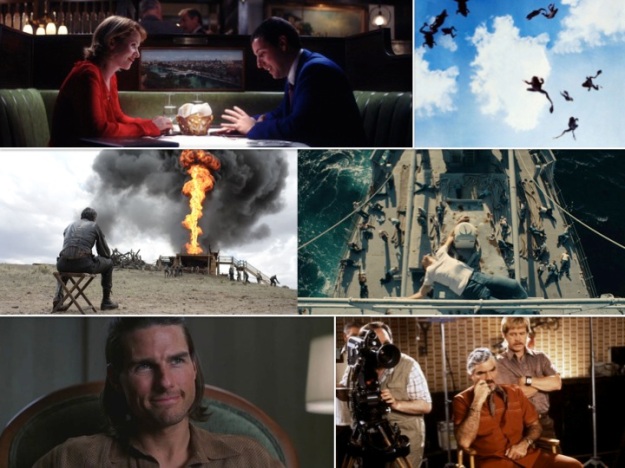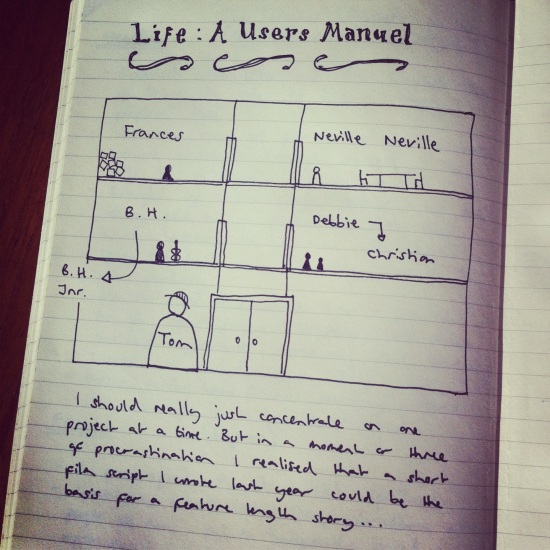“What the budding artist needs is the privilege of wrestling with problems in solitude.”
– Henry Miller
A writer’s world can be a strange one: we desperately try to find moments of solitude but then, when we get it, often struggle to adapt to the loneliness.
The truth is that writing can be a lonely old business. It usually needs to be. And different people cope with that in different ways. What’s important is that we choose and embrace this solitude rather than feeling powerlessly cut adrift. I guess that’s the difference between solitude and loneliness.
I actually like the solitary nature of writing – but I’ve found that I’ve been at my most productive on writing retreats, where I’m surrounded by other writers. In it’s own way, this is still isolation: in a house in the middle of nowhere, with no distractions and nothing to do except write from morning till night. It’s inspiring to feel the energy coming from the other writers in the group – that was the additional motivation I needed – but I still had to find my own bubble to write in.
There’s also the ‘no-one else understands’ loneliness. Oh yeah. If you stick your head out the window right now you’ll be able to hear that wail from a thousand heads looking up from a thousand keyboards.
And it is true. It’s highly unlikely that anyone else (except other writers) will understand exactly what it is you go through every time you sit down in front of a blank piece of paper, knowing that you’re embarking on a process that will take months, if not years, to complete. Not only won’t anyone understand why you do what you do – but they may not understand what you end up writing either!
It’s not so easy to fit all this in to our day-to-day lives. We crave the moments we manage to find for ourselves: after work, before work, at weekends, when the kids are out, on that weekend away, on the train. And it’s never enough. But then we make the time and guess what?
1. We procrastinate
There’s always that friend you meant to email, the youtube clip you meant to watch, the washing-up left in the kitchen sink, that thing you had to do that you’ve been meaning to do and you should probably at least look in to how you go about starting to do it.
If only someone would ring on the doorbell, you’d invite them in for tea and cake.
And sure, you want to build up a social media profile, to update your blog regularly, to make contacts… but if you haven’t made peace with the solitude and put the time in to your writing then the other stuff is all for diddly squat (is that even a phrase or did I just make it up?).
Seriously, just ‘suck it up and get on with it’. If you want to be a writer then write.
I guess this is now a tough love post!
2. The pressure, the pressure!
We’ve found the time and the space to sit with our pen and paper or at our keyboard… but what if the words won’t come? What if everything I write is shit? It’s making me crazy!
You know what? Seriously, just ‘suck it up and get on with it’. If you want to be a writer then write.
Ok, I know I’m being harsh. There are plenty of techniques and exercises to help get the words flowing – I’ve suggested and discussed a lot of them since I’ve started blogging. But being a writer is tough, no matter how much we love doing it or how much we feel that we have a story that needs telling. We need to learn to make friends with solitude and be hard on ourselves. Think of it as a privilege to do what you’re doing, not a chore, no matter whether your friends or family understand. For me, it’s all about being continually surprised and excited by what I’m writing… and if I can stay in that place then I’m a happy man.
(Photo by me)
(One day I’ll learn how to write a structured article)



